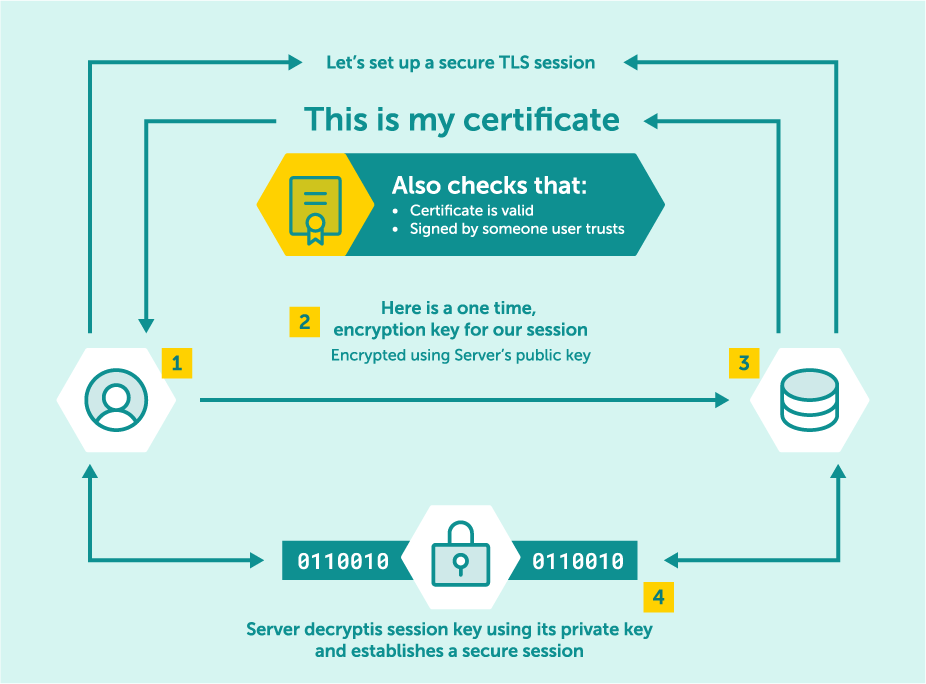Email security is an essential element that every company needs to ensure during the era of evolving cybercrime. Attacks by hackers on business entities very often target precisely email communication, both internal and external to end users. The consequences of their actions can be very serious, from bad PR and loss of customers to actual financial losses resulting from it.
Implementing a company’s email privacy policy is not enough, additional safeguards are also necessary. In this article, we hint at what email privacy and security are and outline good practices for applying them.
Under the term email security, there are a number of steps a company may take to make it more difficult for cybercriminals to gain access. A number of policies can be put in place regarding the use of business email accounts, and tools used to protect emails from threats such as spam, phishing or malware. Good solutions are:
With these safeguards, information, company or personal data sent via email will be protected from unauthorized access.

Transport Layer Security is a protocol that establishes encrypted session between two computers on the Internet. It verifies the identity of the server and prevents hackers from intercepting any data.
Maximize your email deliverability and security with EmailLabs!
Email privacy is the practice of securing access to messages from unauthorized parties. It applies to storing, sending and sharing information regardless of where it is stored (e.g., servers or cell phones). Sending messages can be done through various systems and devices that are vulnerable to attacks.
Hackers can gain access to emails through:
Every company should develop and implement its own email privacy policy, which will include policies and procedures to protect against unauthorized access.
Email privacy and security for businesses – best practices
Digital communication, such as sending emails, always involves the risk of interception. Companies should therefore implement all possible safeguards to improve email privacy and security. Along with the above-mentioned solutions to strengthen email security, common best practices are:

Internet connection secured by VPN
Email security is a priority for companies operating in today’s digital world. If you care about it and high deliverability of both marketing and transactional emails, we encourage you to use our services.
We own a server infrastructure that allows integration with many mailing systems, which guarantees 98.8% email deliverability. This is achieved at such a high level by integrating Cloud SMTP and Email RESTful API with our infrastructure. Also, we take care of their security by using proper authentication methods. Working with us is a sure way to reach your customers!
We live in a world where your customers switch seamlessly between laptops, smartphones, and tablets. They navigate a complex digital ecosystem – checking emails, using mobile apps, and reacting...
We are delighted to announce that Vercom S.A., the company behind the EmailLabs project, has successfully completed the ISO 22301 certification process. This significant achievement underscores our commitment to...
EmailLabs, as part of the Vercom group, proudly announces its full commitment to aligning its ICT services with the latest cybersecurity standards. In response to dynamically changing regulations, the...
We are pleased to announce that MessageFlow, a product from the Vercom S.A. group, has received the prestigious CSA (Certified Senders Alliance) Certification. This recognition not only underscores the...
Best practices, Maile marketingowe, Marketing E-mails, Transactional Emails
Mass email sending is a critical strategy for business owners, marketers, developers, and nonprofit managers looking to scale their outreach. Whether you are announcing a new product feature, distributing...
Best practices, Marketing E-mails
Customer feedback is the fuel for business growth, but gathering it effectively requires more than just a list of questions. Email surveys remain the most direct channel for understanding...
Best practices, Email Marketing, Pytania i odpowiedzi
Mail merge combines a template document with data to create personalized communications. This technique saves time by automatically generating individualized letters, emails, and labels without manual entry. What Is...
Best practices, Maile marketingowe, Marketing E-mails, Transactional Emails
Mass email sending is a critical strategy for business owners, marketers, developers, and nonprofit managers looking to scale their outreach. Whether you are announcing a new product feature, distributing...
Best practices, Marketing E-mails
Customer feedback is the fuel for business growth, but gathering it effectively requires more than just a list of questions. Email surveys remain the most direct channel for understanding...
Best practices, Email Marketing, Pytania i odpowiedzi
Mail merge combines a template document with data to create personalized communications. This technique saves time by automatically generating individualized letters, emails, and labels without manual entry. What Is...
IT & Tech, Pytania i odpowiedzi, Technical
When an email travels from sender to recipient, it passes through several critical components of email infrastructure. At the heart of this journey sits the Mail Transfer Agent (MTA)...
Best practices, Deliverability, Google and Yahoo's Requirements, Pytania i odpowiedzi
The world of email marketing is constantly evolving, and leading mail service providers – Gmail, Yahoo, Microsoft, and Apple – regularly update their guidelines for senders. In recent years,...
Gmail, Google and Yahoo's Requirements
You might have noticed a new item in your Gmail sidebar recently – the “Manage subscriptions” tab, often flagged with a blue notification dot. While Google announced this feature...
IT & Tech, Pytania i odpowiedzi, Technical
Efficient email communication isn’t just about sending messages — it also involves integrating email functionality into your business systems and applications. Email APIs (Application Programming Interfaces) serve as the...
One of the most important yet often underestimated elements in shaping a company’s brand perception is the transactional email. In e-commerce, the design of such messages must be carefully...
Google and Yahoo's Requirements, Yahoogle
2024 brought fundamental changes to email marketing, introducing new, stringent requirements for senders. Since February 1, 2024, Google and Yahoo have started enforcing new deliverability rules, primarily targeting bulk...